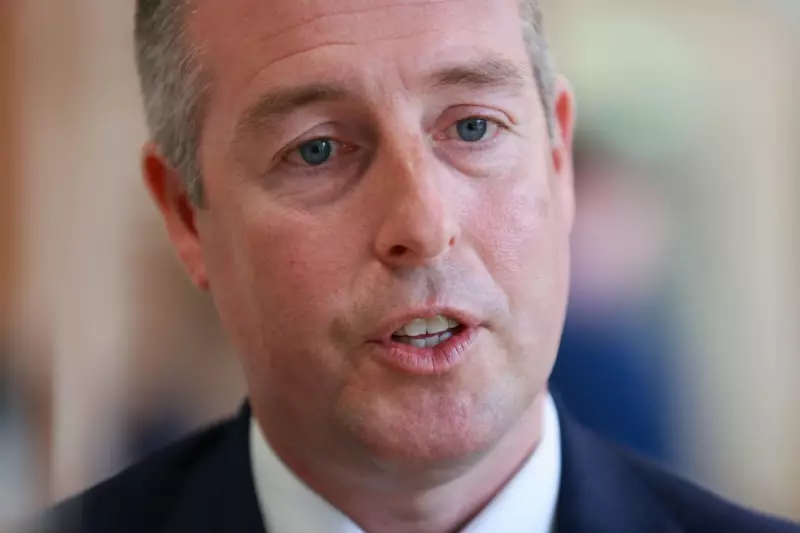
Democratic Unionist Party leader Gavin Robinson found himself at the centre of a political storm during a tense encounter in Belfast this week, as his position on Israel sparked fierce criticism from political rivals.
The confrontation unfolded when SDLP councillor Carl Whyte directly challenged Robinson about his stance on the Israeli-Palestinian conflict, creating a dramatic moment that highlights the growing political divisions within Northern Irish politics.
Heated Exchange Exposes Political Fault Lines
During the exchange, Councillor Whyte pressed Robinson on what he described as the DUP's "failure to condemn Israeli aggression," putting the party leader on the defensive. The confrontation represents how international conflicts are increasingly influencing domestic political discourse in Northern Ireland.
Robinson, who recently assumed leadership of the DUP following Jeffrey Donaldson's resignation, faced scrutiny over his party's position amid ongoing violence in the Middle East. The incident underscores the challenges facing unionist politics as global issues become increasingly localised.
Growing Pressure on Unionist Leadership
The public challenge comes at a sensitive time for the DUP, which has been navigating complex political waters since returning to power-sharing at Stormont. Robinson's leadership is being tested on multiple fronts, with international policy becoming an unexpected battleground.
Political analysts suggest that the exchange reflects broader tensions within Northern Irish politics, where traditional unionist and nationalist divides are being complicated by global conflicts and humanitarian concerns.
Community Reactions and Political Fallout
The public nature of the confrontation has sparked debate across political circles, with supporters and critics alike weighing in on the appropriateness of challenging elected representatives on international matters during local engagements.
As Northern Ireland continues to navigate its post-Brexit political landscape, incidents like this demonstrate how local politicians are increasingly being held accountable for their positions on global issues that resonate with their constituents.





